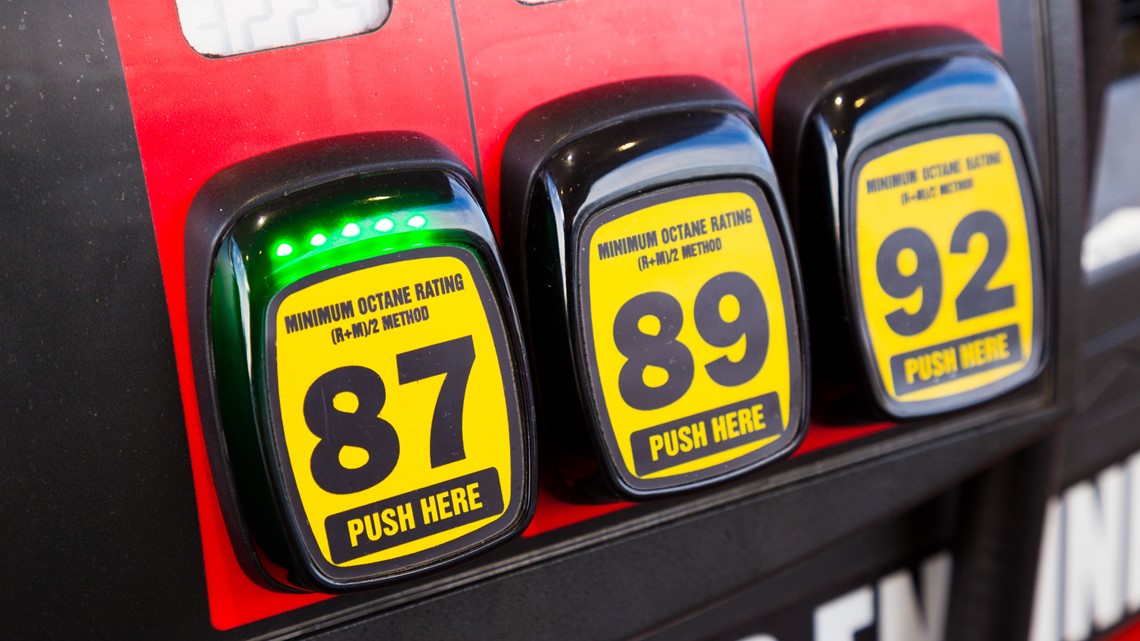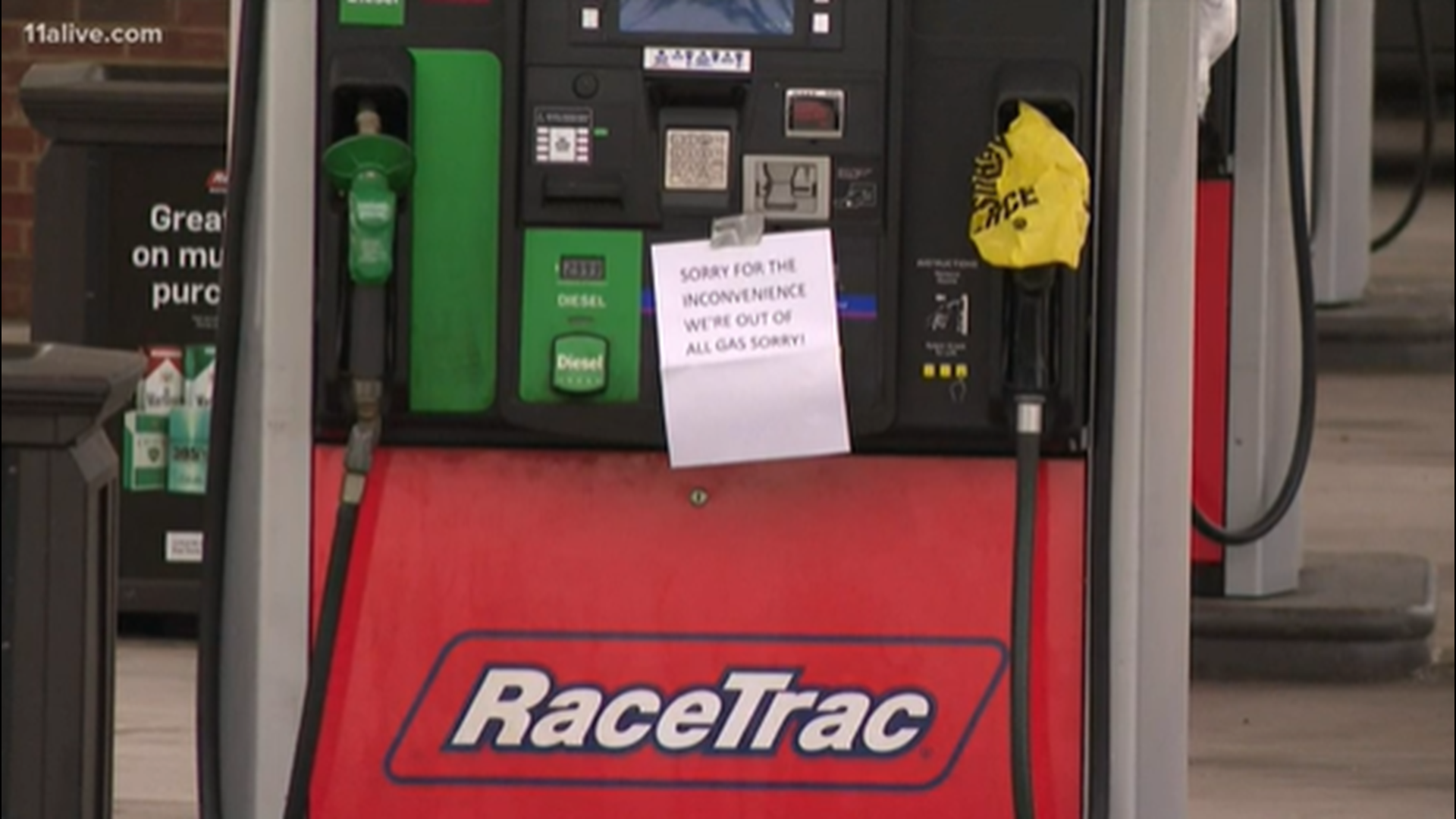ATLANTA — The Colonial Pipeline cyberattack has caused fuel shortages to half of the east coast. That has caused increased gas prices, gallon limits, and shortages at many gas stations.
As fuel shortages cause some gas stations to only have standard grade fuel, many have asked about the difference in standard grade vs. premium.
Our VERIFY team went to the experts to find out what risk there is for not using the recommended fuel in your car.
THE QUESTIONS
Can you use standard grade fuel (81 or 89 octane) in a premium car?
Can you use premium (90-93 octane) in a standard car?
THE ANSWERS
NO, you can't use standard grade fuel in a premium car.
YES, you can use premium grade fuel in a standard car.
WHAT WE KNOW
Let's start with the easy one.
Most cars on the road recommend a standard grade 87 or 89. Premium gas 90-93 is completely okay to put in a standard vehicle. Car experts say there is no risk of damage to a standard car using premium fuel.
There is also no benefit to it, according to cars.com.
"No matter what you’ve heard, premium-grade gasoline won’t do more to clean deposits from your fuel injectors or other parts of the fuel system because today’s regular gas contains the same detergent additives," the site explains.
When it comes to premium cars, experts say you should NOT put lower grade fuel than what is recommended by the manufacturer.
Let's first break down the difference. Typically “regular” gas is 87 octane, “midgrade” is 89 octane and over 91 octane is “premium” gasoline. Some states label top-tier gasoline with 93 octane as “ultra” gas.
The numbers represent the level of octane.


According to World Toyota's Service Center, lower octane causes pre-ignition that would create a knocking in a premium car. They say that this can cause damage to your motor and possibly the cars computer.
"In older vehicles, the engine can make an audible "knocking" or "pinging" sound. Many newer vehicles can adjust the spark timing to reduce knock, but engine power and fuel economy will still suffer," Fueleconomy.gov explained.
General Motors warns in their owners manual, using regular grade gas in an engine that requires premium, could also void your warranty as well.
“If the octane is less than 91, the engine could be damaged and the repairs would not be covered by the vehicle warranty. If heavy knocking is heard when using gasoline rated at 93 octane, the engine needs service," the owners manual reads.
So, we can VERIFY, if the manufacturer of your car requires premium, you need to get premium. If it recommends a lower grade, you can get either regular or premium with no difference in impact, except for the price.
To find out what octane level your car requires, check out the label on the inside of your drivers side door, or look at your vehicle's owners manual.

